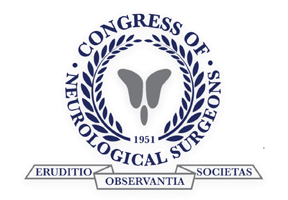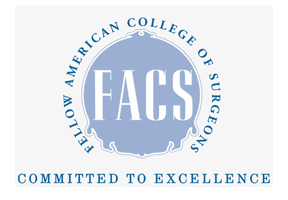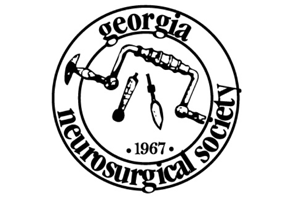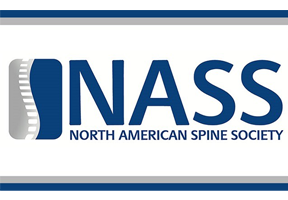 If you’re suffering from spinal pain or need a spine condition treated, you want the best surgeon to perform that procedure. Many people don’t realize that a neurosurgeon is often the top choice, even when compared to orthopedic surgeons. At Georgia Neurosurgical Institute, we have innovative technology and highly-trained surgeons who can lead you on your road to recovery.
If you’re suffering from spinal pain or need a spine condition treated, you want the best surgeon to perform that procedure. Many people don’t realize that a neurosurgeon is often the top choice, even when compared to orthopedic surgeons. At Georgia Neurosurgical Institute, we have innovative technology and highly-trained surgeons who can lead you on your road to recovery.
Contact us today to schedule an appointment.
Discover why choosing a neurosurgeon to conduct your spine procedure is the best decision you can make:
Rigorous Preparation
A neurosurgeon has the longest and most rigorous training of any surgeon in the entire world; neurosurgery residents must all complete residency programs lasting at least 7 years. These residents will work on and learn about the brain and spinal cord throughout the entire program. In contrast, orthopedic spine specialists complete a general 5-year orthopedic residency and then go on to do a spine training that last only 12 to 18 months.
More Finesse
As neurosurgeons perform brain procedures daily, they have more finesse and a lighter touch than orthopedic surgeons. This repetitive movement of treating the most delicate and complicated organ in the body has allowed neurosurgeons to carry over that technique to perfect spine procedures as well.
Specifically Trained
Neurosurgeons are specifically trained to care for the nerves and spinal canal. Given that most spine procedures are necessary due to nerve issues and nerve pain, neurosurgeons can complete these procedures with expert hands as they are nerve specialists
Several spine conditions our neurosurgeons can address include:
- Degenerative Disc Disease (DDD) – herniated, bulging, or degenerative disks
- Central Spinal Canal Stenosis – narrowing of the central spinal canal
- Spondylolisthesis – spinal instability due to a slipped vertebra
- Neural Foraminal Stenosis – nerve compression from where the nerve leaves the spinal canal on the side resulting in pain that travels down the arms or legs
- Syringomyelia – the development of a fluid-filled cyst within the spinal cord; overtime the cyst may enlarge, damaging the spinal cord and causing pain and weakness
- Spinal Cord Tumors – a growth that develops within your spinal canal/cord or within the bones of your spine
If you are suffering from any of the conditions listed above or have any spinal pain, please contact Georgia Neurosurgical Institute. Our neurosurgeons can expertly guide you back to spinal health in a timely manner.






